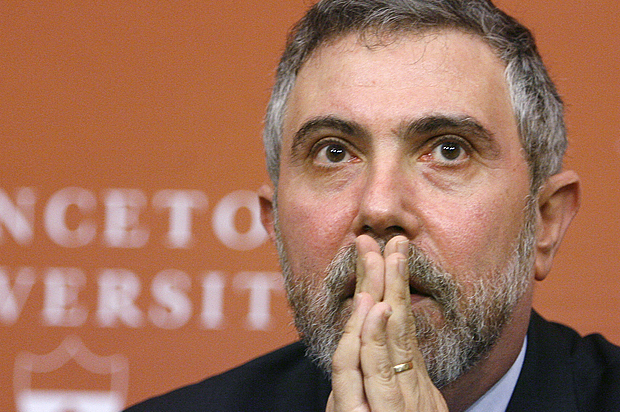New York Times columnist Paul Krugman complained today of the media’s coverage of what he calls “fake alarms,” i.e. issues put before the American people that aren’t issues so much as excuses to strike a political pose.
Benghazi is the most prominent at the moment, he argued, but others loom large with the coming presidential election. Foremost among them, the federal debt and its impact on the American economy. “Remember all the dire warnings about what would happen if China stopped buying our debt, or worse yet, starting selling it?” he asked. “Remember how interest rates would soar and America would find itself in crisis?”
That happened — China stopped purchasing America’s debt and started selling it. “And what has happened is what serious economic analysis always told us would happen?” Krugman wrote.
Nothing. It was always a false alarm.
Beyond that, however, it was a fake alarm.
If you looked at all closely at the plans and proposals released by politicians who claimed to be deeply worried about deficits, it soon became obvious that they were just pretending to care about fiscal responsibility. People who really worry about government debt don’t propose huge tax cuts for the rich, only partly offset by savage cuts in aid to the poor and middle class, and base all claims of debt reduction on unspecified savings to be announced on some future occasion.
And once fiscal scare tactics started to lose political traction, even the pretense went away. Just look at the people seeking the Republican presidential nomination. One after another, they have been proposing giant tax cuts that would add trillions to the deficit…
Read the rest at the New York Times…


